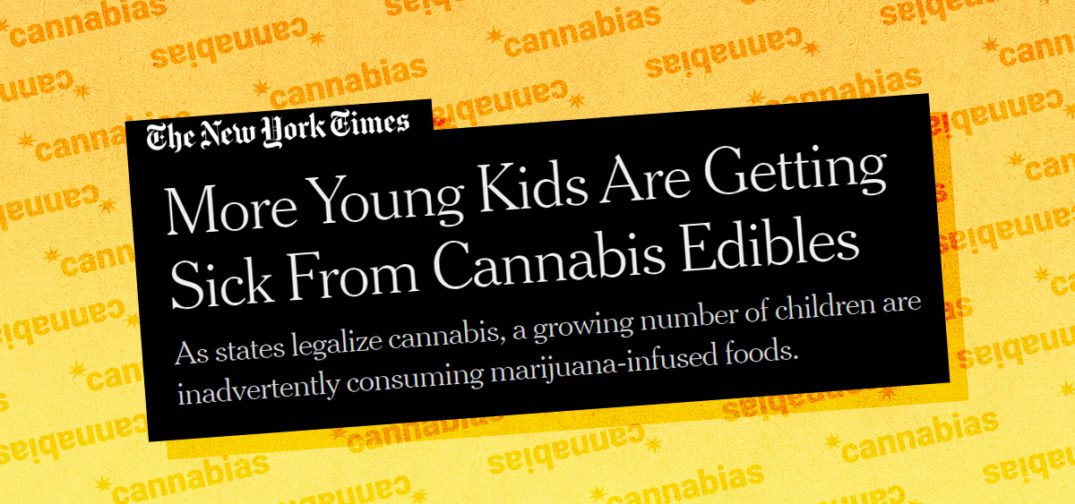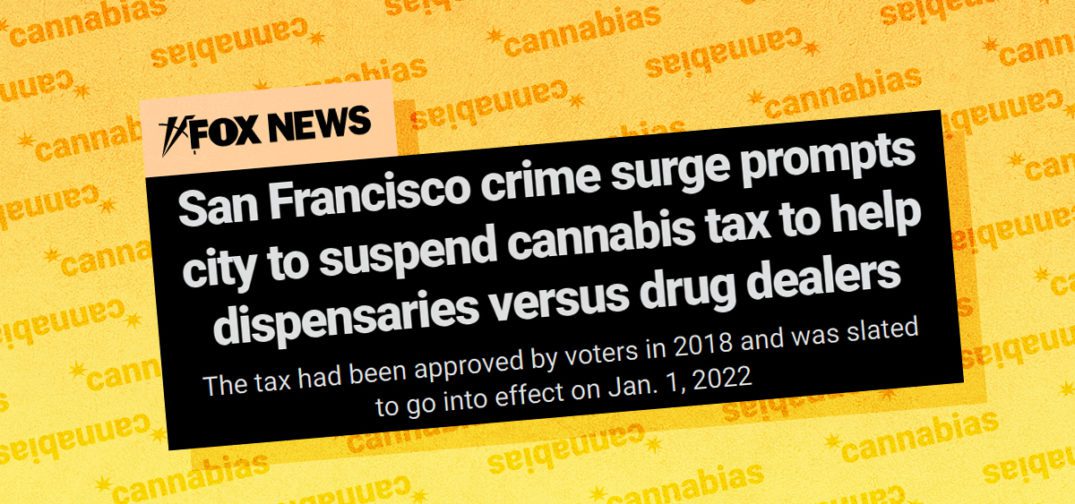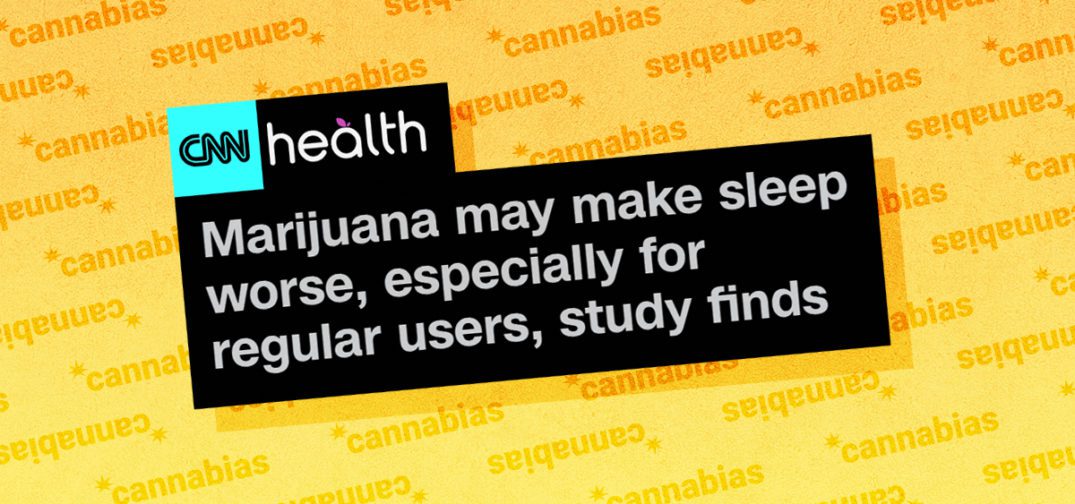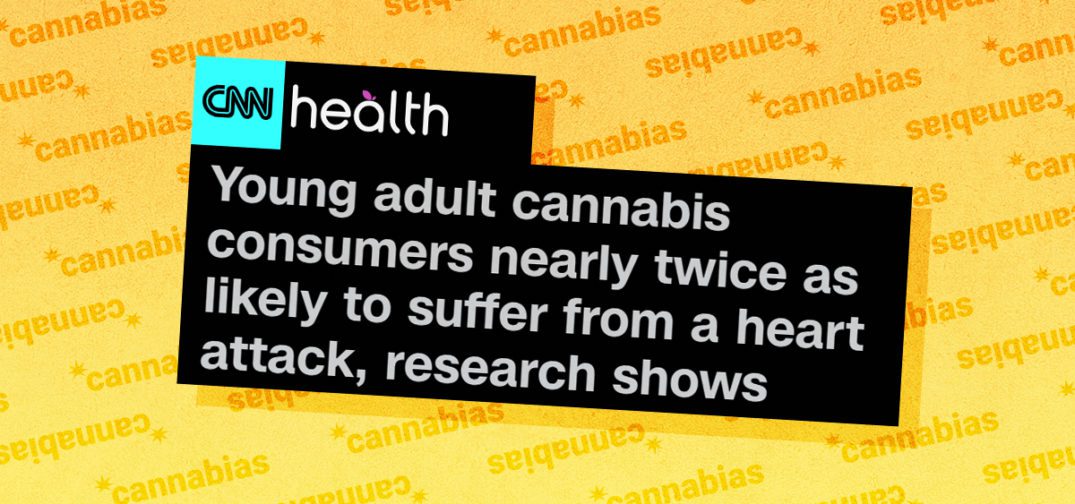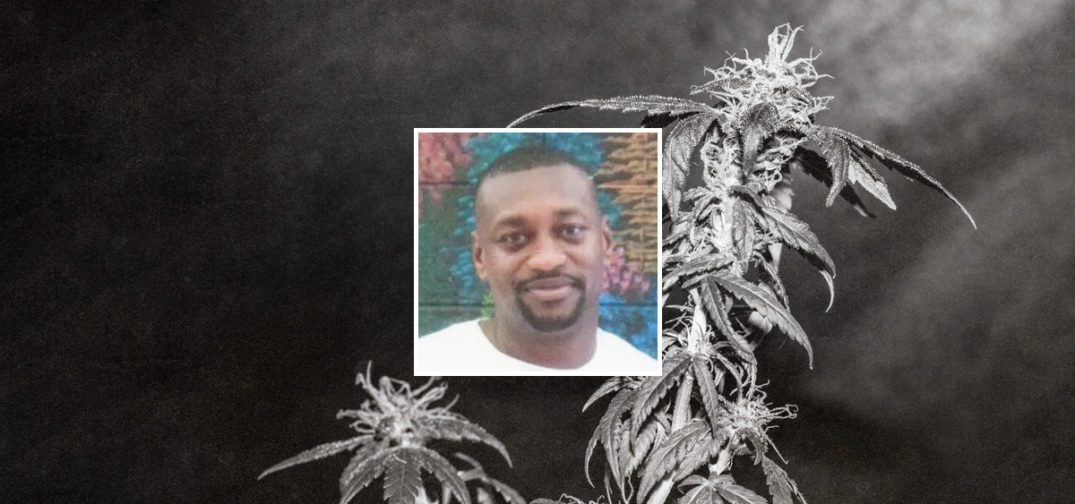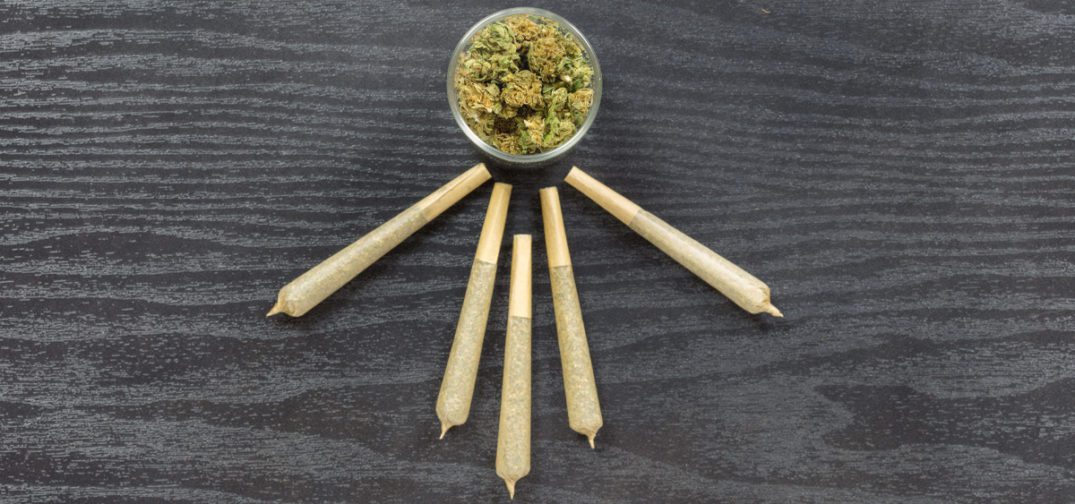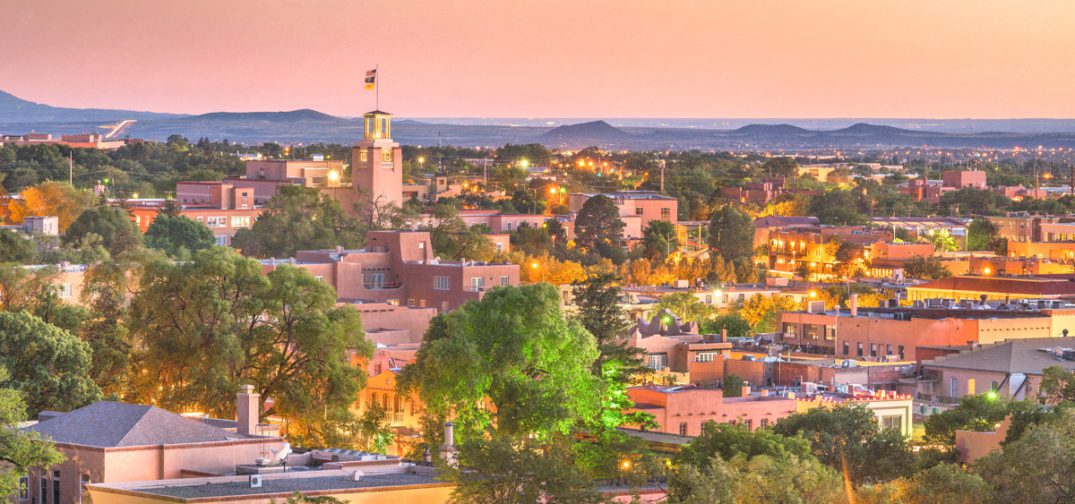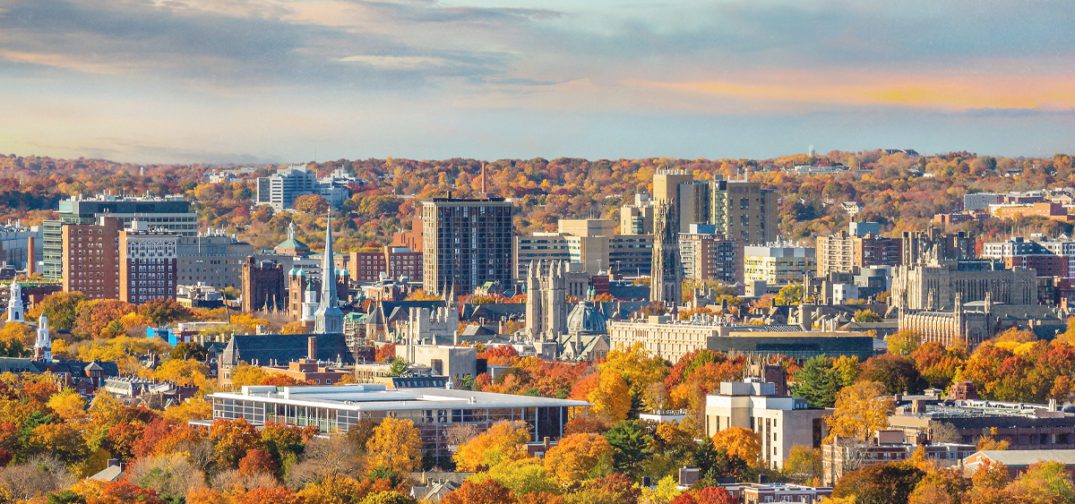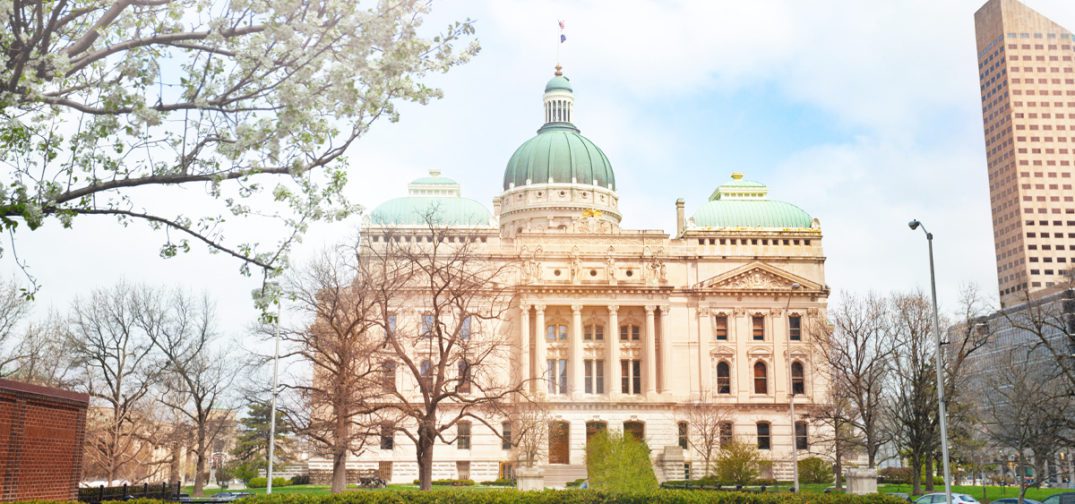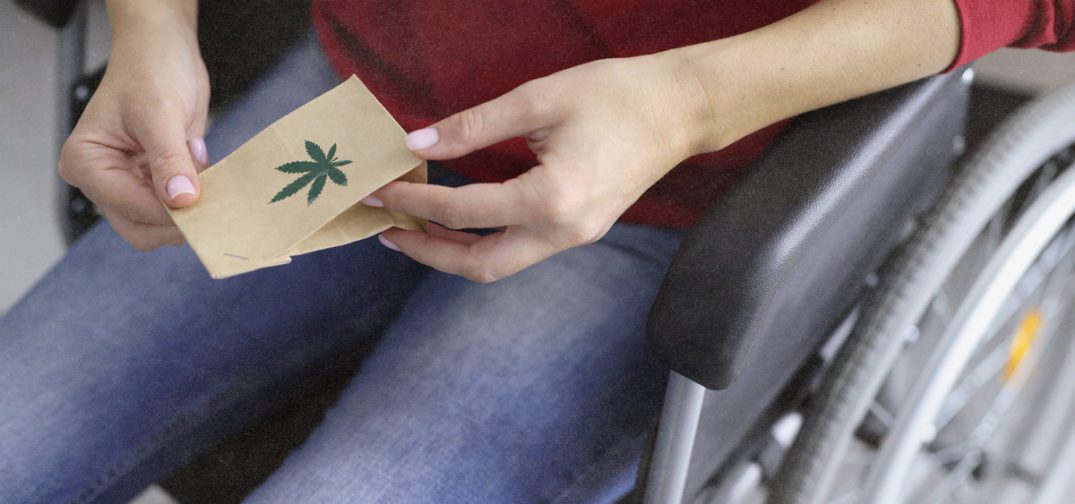James Whitcomb, CEO of multistate cannabis operator Parallel, published an open letter today decrying systemic inequities in the cannabis industry and pledging to support fundamental changes to make the industry more equitable. The letter highlights a failure by Parallel and other multistate operators (MSOs) to honor the “social responsibility” that comes with operating in the cannabis industry, which was built on tireless advocacy work and which exists alongside ongoing racist and classist drug-related persecution of disenfranchised communities.
In the letter, Whitcomb admits: “we did not take the time to honor the long-time cannabis producers … who laid the foundation for us,” that “we did not follow the path laid out by activists … who fought for our right to participate,” and “we did not understand the [industry’s] responsibility … to use legal cannabis as a tool for restorative justice.”
“As the new CEO at Parallel, I pledge that going forward, Parallel will be a model among all large cannabis operators in bridging the business with the social responsibility of our industry,” he writes.
Referencing the Minority Cannabis Business Association’s (MCBA) recent National Cannabis Equity Report — which analyzes inequity in the industry and provides a toolkit for recognizing and rising to the social responsibility that comes with working in cannabis — Whitcomb pledges to “commit our resources to help advocate for the fundamental changes the report highlights as necessary for the cannabis industry to become truly equitable.”
The letter also seems to confirm suspicions held by many independent cannabis operators that large trade organizations which cater to multistate brands are maneuvering to make the industry difficult to enter for smaller startups and legacy growers. “It’s time for us as a multi-state operator to stop hiding behind the veil of ‘safety and transparency’ that has led to … exclusionary, protectionist policies,” Whitcomb wrote.
Given that Parallel is itself a multistate brand, and one that counts billionaire chewing gum heir Beau Wrigley among its founders, some in the cannabis industry will likely view this move with a healthy degree of skepticism. When asked about this specifically, Whitcomb said, “We have a lot of work to do to win people’s trust. For people who are skeptical, I ask them to pay attention and hold us accountable. If we fall short of the commitments we are making, I want to hear about it.”
Amber Littlejohn, Executive Director of the MCBA, said in an emailed statement to Ganjapreneur, “I commend James and Parallel. This isn’t an MLK post on social media or even a single social equity investment. This is stepping up to lead and call for systemic change to create real equity instead of playing kingmaker to a handful of businesses in an otherwise captured market.
“Markets captured by a few will never out-compete the legacy market that doesn’t carry the extraordinary compliance costs of legal businesses,” Littlejohn said. “Good companies, with good products, who are truly committed to equity should have nothing to fear in opening the industry to others. In fact, they are leveling the playing field.”
When asked how Parallel plans to make this a lasting change, Whitcomb told Ganjapreneur the company will be “implementing several initiatives internally and externally” to help jumpstart the process, but “the most important change … is the way in which we lobby or advocate for expansion of the markets in which we operate.”
“The big operators in our industry must stop pretending that the best way to grow a cannabis market and create opportunities for economic empowerment is by concentrating all the opportunity amongst a few large companies. It hasn’t worked. We will no longer advocate for the exclusionary, protectionist policies that have allowed MSOs to dominate legal cannabis markets, and we hope our fellow large cannabis companies will join us in advocating for the end of an industry structure that has largely blocked people of color from using cannabis as a pathway to economic empowerment.” — James Whitcomb, CEO of Parallel, in a statement to Ganjapreneur
Parallel holds multiple cannabis industry licenses across a mix of medical and adult-use markets — the company operates in Florida through the Surterra Wellness brand, in Texas and Pennsylvania under the goodblend brand, in Massachusetts as New England Treatment Access (NETA), and in Nevada through a joint venture with Cookies.
Read Whitcomb’s full letter below:
If only we knew then what we know now. When we started Parallel (then Surterra) in 2016, those of us jumping into the legal cannabis market for the first time made a number of mistakes: we did not take the time to honor the long-time cannabis producers and suppliers who laid the foundation for us to build our business, we did not follow the path laid out by activists and advocates who fought for our right to participate in this industry legally, we did not understand the responsibility our industry had to use legal cannabis as a tool for restorative justice, including the scope of the opportunity for cannabis to be a true mechanism for social equity, and we did not advocate for an industry structure that would allow those opportunities to be realized in legal markets across the country. Hindsight is unfortunately 20/20.
Cannabis is now legal in some form in nearly 40 states. While I’m proud of so much of the work we have done to increase access to cannabis for tens of millions of people across the country, in hindsight, it’s clear that Parallel has not handled the social responsibility that came with being in such a privileged position in the markets we serve. While I can’t speak for every large cannabis company out there, I can speak for our company when I say, “I’m sorry, it’s past time for us to do better.” So, what does that mean?
As the new CEO at Parallel, I pledge that going forward, Parallel will be a model among all large cannabis operators in bridging the business with the social responsibility of our industry.
Over the past few months my top priority has been to listen and learn from our talented, empathetic, and truly passionate team about the work they are doing and the impact they know we can have. These conversations, as well as conversations our team has been having with activists and advocates in the cannabis community, have led me to the realization that it’s time for leaders of large cannabis companies to take a step back and learn from those who have been in this space a lot longer than we have. That is the only way we are going to realize the industry’s so far unfulfilled promise to be a catalyst for economic empowerment and restorative justice.
Last week, the Minority Cannabis Business Association (MCBA) commissioned a full report on the current inequities in the legal cannabis industry and has put together state and federal policy recommendations aimed at creating a more equitable industry in the future. MCBA’s report focuses on several key parts of the industry; analyzes and confirms how unequitable the industry has become; and provides a toolkit with recommendations on what new and existing legal cannabis markets can do to ensure a more equitable structure moving forward.
We are honored to provide our full support of this report and pledge to commit our resources to help advocate for the fundamental changes the report highlights as necessary for the cannabis industry to become truly equitable. In the states where we operate, we will work with state legislators to advance policies that foster an equitable industry and create real restorative justice measures. In the states we plan to operate in, we commit to providing as many opportunities to communities of color as possible, through financial support to entrepreneurs and a diversified supply line that supports those in ancillary markets.
Many people may ask why we are joining these efforts, given that the report and the partners promoting the report are advocating for a breakdown of the industry we helped create, and which has been built to support the creation of well-regulated oligopolies. Quite simply, it’s because it’s the right thing to do, and will create long-term stakeholder value.
We have an obligation as a participant in the legal cannabis industry to ensure that we are paving a pathway for entrepreneurs of color. It’s time for us as a multi-state operator to stop hiding behind the veil of “safety and transparency” that has led to advocacy for exclusionary, protectionist policies. By working with advocates and activists to expand the industry in an equitable fashion we will develop the next phase of an industry that will create real opportunities for economic empowerment for underserved communities; foster innovation; and expand access to a plant we all believe can create a paradigm shift in health and wellness around the world.
A modern corporation should also understand that becoming more inclusive and equitable, and supporting the communities you serve are key pillars to growing a sustainable business. Doing this work will allow us to grow the industry and innovate, continue to create thousands of jobs by reaching untapped talent and build shareholder value, all by doing the right thing.
Like many large cannabis companies, Parallel has taken a number of meaningful steps —partnerships with local organizations to provide training in communities of color and increase hiring diversity; fostering entrepreneurship by working with the Nu Project, as well as partnering with Black Canna Conference (on the ongoing Hot Box Pitch Competition); supporting regular restorative justice and expungement initiatives to reverse course and address some of the industry’s fundamental issues of inequity. However, it’s been made abundantly clear by our partners that we as operators must have a multifaceted approach to addressing equity, one that includes financial support, a commitment to building a diverse workforce and supporting awareness of inequity, and most importantly and meaningfully, an approach that includes using our voice and our resources to promote legislation and policies that create an equitable industry, rather than one that only benefits a few large corporations. MCBA’s toolkit gives us what we need to advocate for meaningful policy changes at the state and federal level.
Over the past year, instead of funding the cannabis trade organizations who have pushed for exclusionary, protectionist policies at the state and federal level, we are proud to have diverted our resources to consistently support the MCBA’s legislative advocacy efforts. We will continue to use our resources to support advocacy efforts that represent the underrepresented in our industry: communities of color, veterans, small business owners, and patients/customers. We hope our fellow MSOs will join us in abandoning the narrow-minded policies that have put us in such a privileged position and begin utilizing MCBA’s landmark report and toolkit to lock arms and help lift up those who have created this incredible opportunity for all of us.
